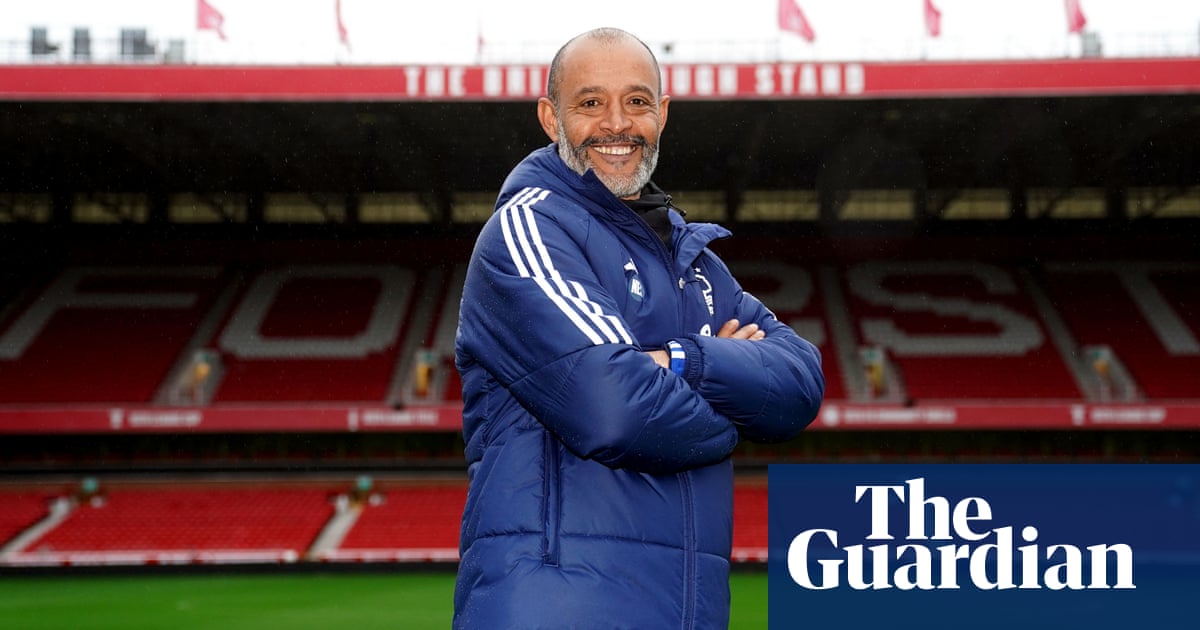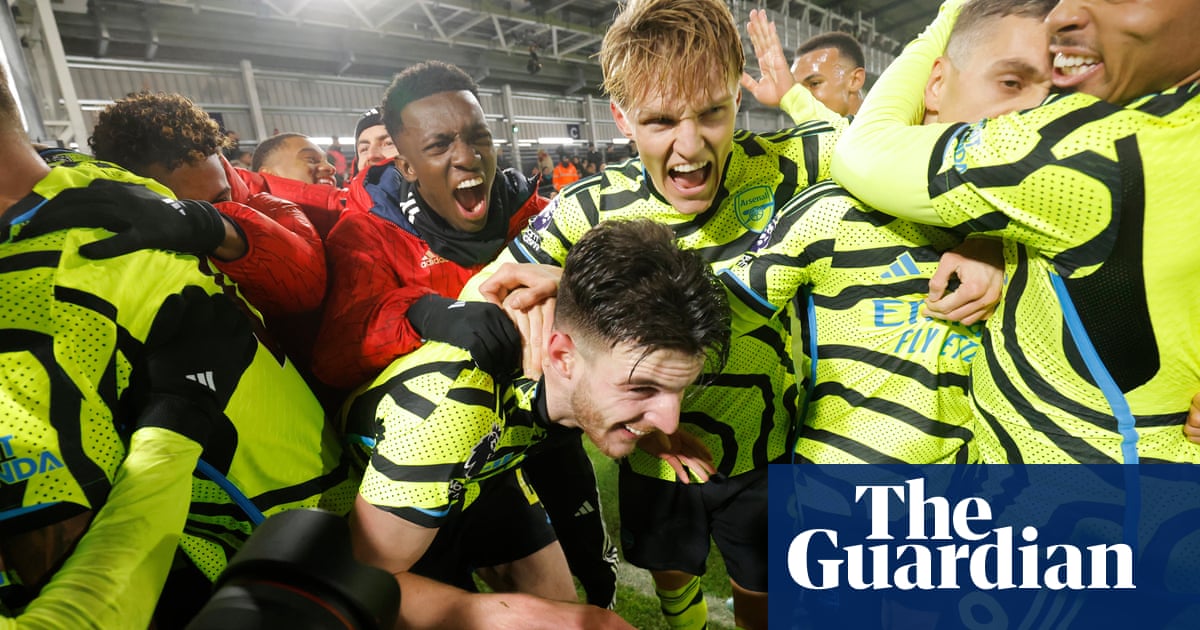
Early on Tuesday morning, Igor Jovicevic had been jolted from sleep by the air-raid alarm. He was far from alone in that and it brought home, in a way that disconcerted him, the jarring contrast with what he was about to face.
“You wake up and hear it: siren, siren,” the Shakhtar Donetsk head coach said. “And then you think you’re playing later in the day, coaching the match, wanting to think about tactical aspects. We’re playing football and at the same time we’re fighting to be free men.”
The first game of the 2022-23 season had just passed with little incident, whether in a footballing sense or the one that really mattered. Shakhtar should not normally be held to a goalless home draw by Metalist 1925, but this was no everyday encounter.
The real victory here would be in showing that Ukrainian football could thrive again as a symbol of a country’s resistance and regrowth; this was a promising start and, at least on any level discernible to those present, no recourse to the new campaign’s exhaustive security protocols had been required. There will now be justified confidence that a once unthinkable feat can be pulled off.
Football has come back to provide joy and hope but it must always know what it is representing. After the players had walked out, the stands of this 70,000-capacity stadium empty save for club officials and about 30 journalists, they turned as one towards the big screen and faced their president. They watched, each draped in the national colours on Ukraine’s flag celebration day, as Volodymyr Zelenskiy addressed them via a recorded message. “Two colours that we all love,” he said. “We care about them and will never allow any other colours on our land. We are always ready to defend our blue and yellow flag.”
Kick-off was performed by one of the many who have put their lives on the line for exactly that. Yaroslav Golyk has known the horrors of Mariupol and, wearing a Shakhtar scarf, walked from the tunnel with a limp. He was applauded by both teams as he made his way back; Golyk has been one of the lucky ones but his obvious discomfort was a reminder that any official figures regarding casualties of Russia’s invasion will only scrape the surface of the toll taken on lives, bodies, friends and families across an entire nation.
The air-raid siren offers one in a different way but no refuge in the stadium’s bomb shelter was demanded during the subsequent 90 minutes. The scheduling of this match on flag day, which directly precedes Ukraine’s independence day, had seemed bold at the outset and so had the decision to host it at the country’s biggest stadium. The undercurrent of tension about the possibility of heightened Russian activity this week has yet to abate. A few hours before kick-off, one well-known figure on the local football scene reiterated surprise to the Guardian that a less extravagant venue had not been selected; spectators were never going to be allowed in but the local football association’s view was that the national sport should be revived at a national institution.
That spirit reflects the defiance in Kyiv. For the past four days, a vast exhibition of destroyed Russian military equipment has been displayed along Khreshchatyk, the city’s main street. These burned-out, rusting tanks and combat vehicles have killed and played host to death. Crowds milled around them: children clambered; youths posed for selfies; most took a more considered interest and there were some, walking past quickly, for whom the spectacle was visibly too much to process.
There will also be some for whom competitive sport has returned too soon. But this occasion was excitedly received, streamed live on YouTube, and offered moments that suggested football will have the intended effect regardless of the straitened conditions. Shakhtar have a gem on their hands in Mykhaylo Mudryk, the blond 21-year-old winger who seems destined for the Premier League or Bundesliga. His ingenuity and quick feet, cutting in from the left, brought a vicious 22-yard strike that shuddered the crossbar with the game’s best moment. The league’s successful rebirth was important for supporters but vital for the hopes, dreams and livelihoods of the players too.
It has emerged from the deep freeze that was evident on a visit on Monday to the training facilities of Obolon Kyiv, in Bucha. There, the marker on a wall calendar had not moved on since 23 February, the day before life changed for ever. Obolon, a second-tier club, will begin their season on Saturday; cautiously, and with solemn deference to the horrors that continue, football can now mark the time between games once again.
“It’s very important emotionally and in social aspects,” Jovicevic, a Croatian who joined Shakhtar from Dnipro-1 this summer, said. “But I want to say don’t forget us, help us to stop the war and live normally. I want to play with thousands of people in this stadium and show the world we have a good championship. We must suffer in this period.”
Jovicevic felt his team had deserved more than a draw, even if Metalist also missed two fine chances, but said the psychological toll had been significant. “Football players need concentration but at this moment no club, no players, are thinking about football. It’s impossible.” Perhaps it will become easier with time; not that anybody should be forced to compartmentalise. The two games that directly followed the opener, Zorya Luhansk’s 3-1 win against Vorskla Poltava and a 1-0 victory for Veres Rivne against Chernomorets, were played at different closed-doors venues and passed similarly without problems. A path through the darkness has been clearly marked and a second round of matches will take place at the weekend.
“Glory to Ukraine, glory to the armed forces of Ukraine,” the stadium announcer said as the players departed, nobody too discontented with the outcome. In the end, he had summed up exactly what the afternoon was about.












